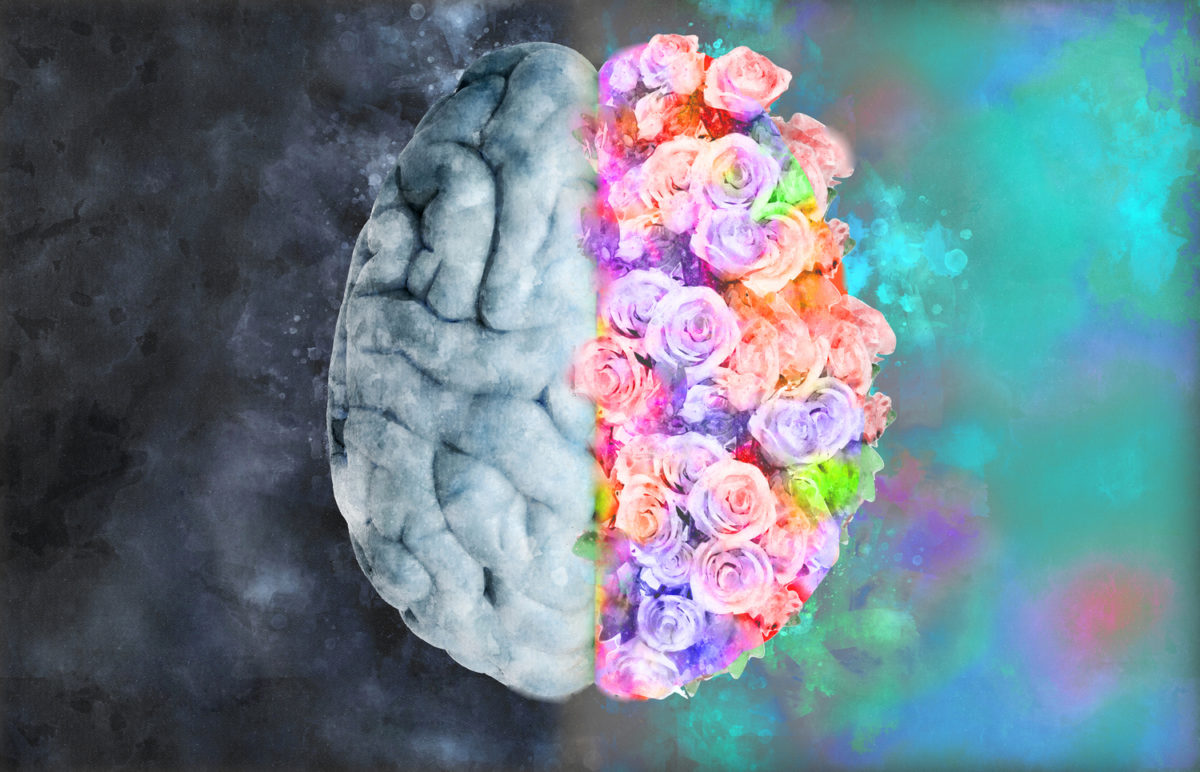“Like an earthquake in my brain that knocked down bridges and damaged highways and knocked out some —but not all —lines of communication. Some of these things get rebuilt more quickly than others, and some are easily re-damaged.” – Alison (brain injury survivor)
Yes.. This is what a person with brain injury feels like. Traumatic brain injury is an unexpected event which leaves scars for years to come.
In the last few decades there has been an increase in the number of people suffering traumatic brain injuries (TBI). TBI is a major health problem in India with lakhs of cases being underreported. According to a meta analysis conducted in 2016, it is estimated that nearly 1.5 to 2 million persons are injured and 1 million succumb to death every year in India. Road traffic injuries are the leading cause (60%) of TBIs followed by falls (20%-25%) and violence (10%). Alcohol involvement is known to be present among 15%-20% of TBIs at the time of injury. Despite the increasing cases, TBI data continues to remain inadequate in India with the current statistics still unknown.
Traumatic brain injury (TBI), a form of acquired brain injury, occurs when a sudden trauma causes damage to the brain. TBI can result when the head suddenly and violently hits an object, or when an object pierces the skull and enters brain tissue. Symptoms of a TBI can be mild, moderate, or severe, depending on the extent of the damage to the brain. A person with a mild TBI may remain conscious or may experience a loss of consciousness for a few seconds or minutes. Other symptoms of mild TBI include headache, confusion, lightheadedness, dizziness, blurred vision or tired eyes, ringing in the ears, bad taste in the mouth, fatigue or lethargy, a change in sleep patterns, behavioral or mood changes, and trouble with memory, concentration, attention, or thinking.
Now after reading this, several questions might pop up in your minds – Will the TBI survivor continue to have these deficits life-long? Is there a scope of improvement after suffering a brain injury? If yes, what’s the probability of improvement? Are there any facilities available? What is the typical process of recovery? What is the duration? and so on…
Well, there certainly is a ray of hope! The answer to all of the above questions is something called Neuropsychological Rehabilitation.
Neuropsychological rehabilitation (NR) is concerned with the amelioration of cognitive, social, and emotional deficits caused by an insult to the brain. (Wilson, B, 2000) It’s the process of helping a patient recover functions which are impaired due to brain damage. It uses cognitive retraining to improve impaired functions, in addition to this counselling and other therapeutic techniques may be used to facilitate the patients recovery. The aim of neuropsychological rehabilitation is to enable people to achieve their optimum level of well-being if not back to their premorbid level of functioning, to reduce the impact of their problems on their everyday functioning and to help them return to their most appropriate environments. It is the use of all available means to improve the independence and Quality Of Life of a person with neuropsychological impairments.
NR facilitates neuroplasticity – the brain’s ability to reorganize itself by forming new neural connections throughout life. This is one of the most important factors in instilling hope! NR is a gradual process which requires coordination and cooperation from the client, his/her family and the professionals involved in the treatment. Different restorative and compensatory strategies are used based on the client concerns and the severity of the injury.
However, the brain is a complex organ to study and at the same time more complex to even work with. From clinical practice it has been suggested that brain training could also be applied to increase awareness of deficits in clients: experiencing improvements in task-related performance in the absence of functional benefits may convince a patient to turn to the use of strategies and external aids instead of striving for restoration of function. Experiencing positive training effects may also increase the level of self-efficacy.
All in all, rehabilitation after brain injury has proven to be a magic wand in its own way, highlighting that holistic enhancement is possible. However, with each treatment, this too takes its own pace to reflect change, and patience is the key to a successful rehabilitation plan. This Brain Injury Month, let’s spread awareness regarding the same to enhance the overall quality of life and well-being. Brain injuries can get overwhelming and distressful, but with the right kind of help and resources, overcoming it is possible!
Authorship: Vishwa Modi, Clinical Psychologist & Community Outreach Head at Synapsium.

